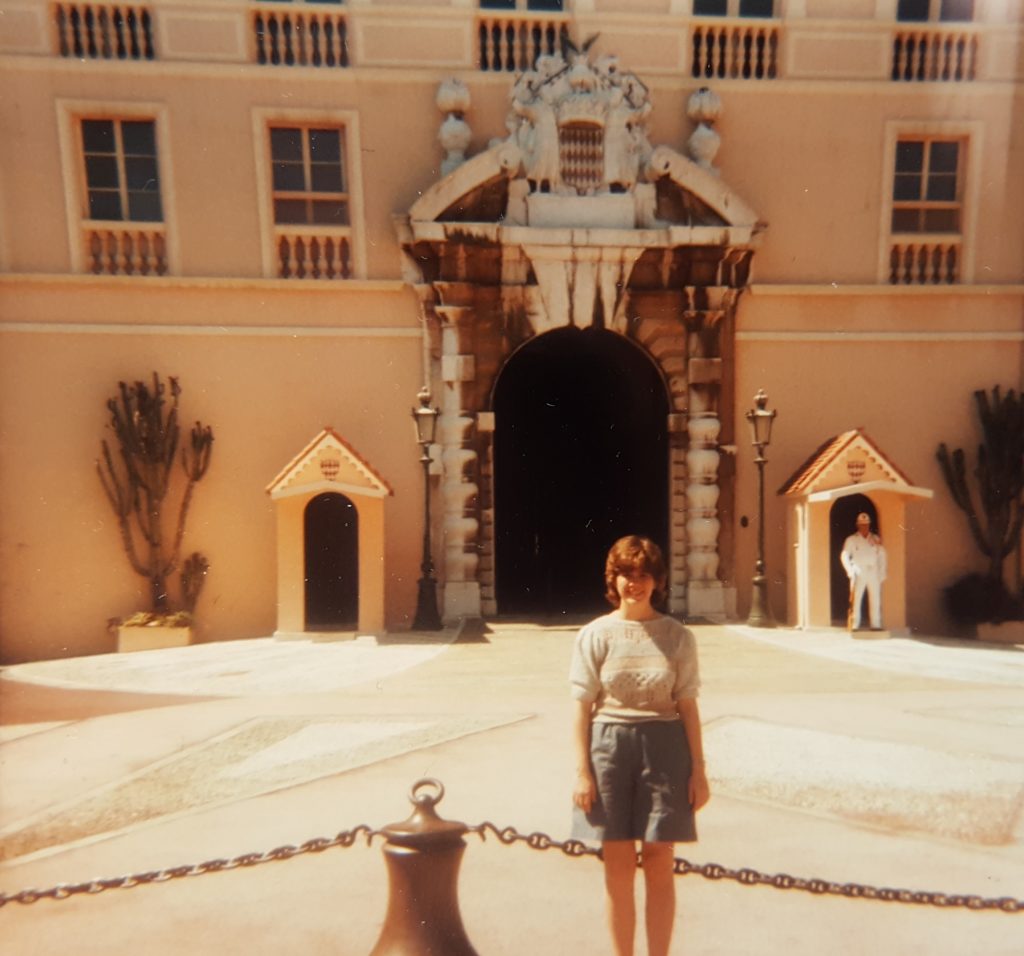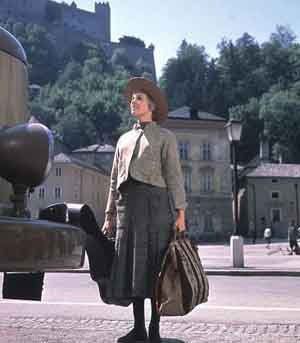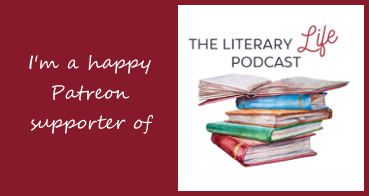Today my oldest of two sisters is 7 decades old. She has ten years on me, and since she married and moved to the other side of the country when she was 19, my childhood memories of her are very few. But I think even that far away sister had a great influence on who I grew to be.
My oldest sister was a reader, thinker, talker (and how!), and challenger from the time she could do any of those things. She was a child of the 50s and 60s when many traditional ideas and values were being turned upside down in the schools, in churches, in society, and among her same-age peers. Hearing stories about elementary-aged Rita responding to a teacher that was challenging her belief in Bible stories made a big impression on her littlest sister Kay.

My oldest sister married Maurice Delwin Watson in August of 1970. I’m sure you can do the math and can determine that last year they celebrated their 50th anniversary. If my memory is still serving me right, they met when she was 15 and he was some months shy of his 17th birthday. He had come up with a group from his church in Texas, and she had crossed over the river from our Illinois home, to work in a summer campaign in Iowa, inviting people to church and to study the Bible. It was with the organization Campaigns for Christ, and one of their directors, Lloyd Deal, would end up officiating at their wedding 4 summers later. My sister and her husband have remained faithful to each other and to the Christ for whose cause they first met 55 years ago. I have no memory of meeting Del in the summer of ’66, although I heard he had visited our little house on the Illinois side of the river. What I do remember is visiting them in their homes in Colorado, Texas, (I missed visiting in their Oregon years), North Carolina, and Tennessee, and seeing the shelves of books, and hearing the discussions of “the Greek” and various translations of the Bible, and their efforts to get the people of their current church fellowship to study and think, and to care about studying and thinking. What I also saw was a couple faithful to each other and their children. Little Kay from age 9 saw and knew that this was exactly what she wanted. This is what big Kay got at 40. She waited because she saw what was possible, and she would have no less.


My oldest sister brought The Beatles and Petula Clark into our home — much to our mother’s chagrin. The Beatles’ album “With the Beatles” was hidden by Mom in our East Moline house, never to be found when we moved from that house. I believe she also put an end to the “Downtown” single. But guess what, Mom? I love The Beatles and Petula Clark! I often credit my older sister Karen with my love for music, but really, where would Karen and I be without Rita’s boldness in the 1960s? (And I don’t think that Rita especially cares for The Beatles anymore.) Rita was to me a groovy icon of the 60s. I thought she was beautiful. And groovy. She loved the folk songs of that time and still has that Mitchell/Baez soft vibrato in her singing voice. Rita sang in high school choir and college choir. All 5 of us ended up singing under G. Donald Dyer in high school. He was an excellent musician and teacher, and I’m grateful to Rita for leading the way. Mr. Dyer remembered all 5 of us, from the ’69 grad to the ’84 grad.

My oldest sister is also a visual artist. She took private art lessons in high school and has continued to sketch and paint through the years. She currently is owner/operator of “Grandpa’s House“, a store of handcrafted items from local artisans. She teaches classes in drawing and doodling. Yes, doodling. Along with marrying a fellow believer and student of the Bible, she also married a fellow artisan. Together they have remodeled (that seems too dainty a word for the work they’ve actually done) our ancestral home and turned it into its current state as a craft store, and what some have called a museum of rural life. And that’s all I’ve got to say about that because when it comes to being a visual artist, my oldest sister’s influence on me has been for me to look and admire but not to do. She’s good. Very good. I can’t draw a straight line, nor a curved one, at that. But I certainly appreciate the skill and work that goes into it.
My oldest sister made her baby sister’s wedding happen 32 years after her own wedding. Sure, I found the guy, but all that other stuff, oh, no. My oldest sister’s artistic skill runs far beyond painting a picture. I picked the music…and, yes, the guy. And my attendants. And the minister. But the rest the wedding and reception, including making the cake, were all my oldest sister. (Not to leave out my mother making my dress, my sister-in-law making the bridesmaids’ clothes, and my niece — Rita’s daughter — helping with planning and directing the ceremony. Yeah, I’m beyond blessed.) So, after persuading me to have my wedding in Tennessee (and not in Atlanta, where I was living at the time), she put it all together. Why? I guess that’s what oldest sisters do when they can, even when the baby sister is marrying at 40.
My oldest sister began homeschooling her youngest child, a son, when he was in 2nd grade in the mid 90s. I was a single woman living in NY, about 2 decades out from becoming a mother myself. I was concerned. Won’t he be isolated? (His older sisters were in high school at the time, and then off to college.) But then I realized between church, playing soccer, and other family activities, he had plenty of time being around others — kids and adults. As with that “socialization” concern, all others fell by the wayside as I witnessed my sister facilitating her son’s education. I knew before I even married that if I did have a child, I would homeschool. Without my sister’s example, which allowed me to enter the ‘homeschool world’, including getting to know other homeschool families, I wonder if homeschooling would have even crossed my radar. And what a blessing it has been to homeschool my own son from birth.
Family lore tells that in the late 50s, Mom would gather her 3 children after church to travel home, and she would count them “Eeny-Meeny-Miney, and there ain’t going to me no Mo.” Well, Mo was, and that would be me (and then our #5, brother James.) I’m glad there was Mo, and I’m glad there was Eeny. I wouldn’t be who I am without her.
Thank you, Rita.




















